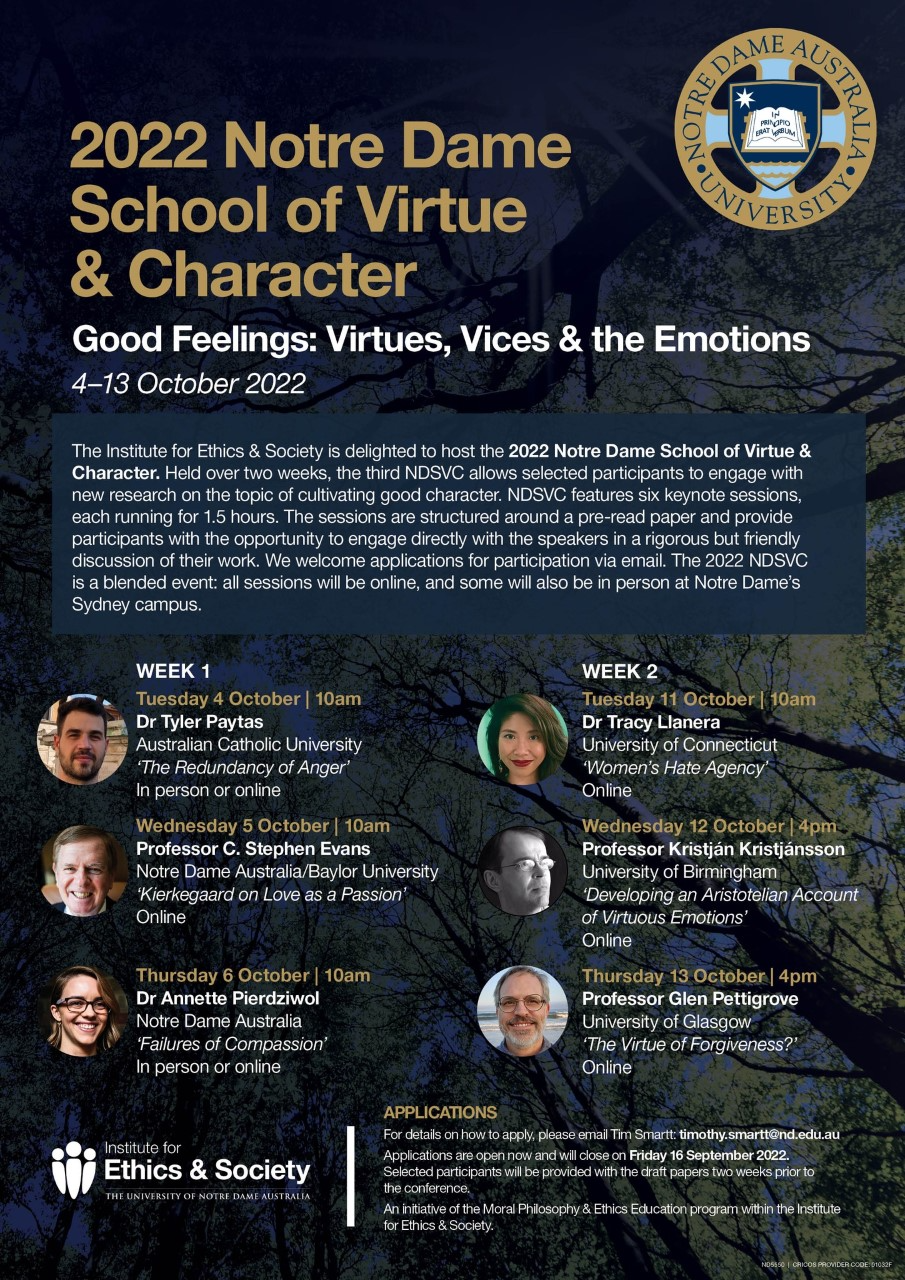Check out Professor and Department Head Lewis Gordon’s comments on Kanye West in the Financial Times, “Kanye West and the Age of the Unmanageable.”
*Excerpt*
Lewis R Gordon is an American philosopher whose book Fear of Black Consciousness was published earlier this year. In 2018, he was interviewed for an article about Kanye in which he tried to explain the singer’s drift to the right following a controversial interview the musician had done on TMZ about the history of slavery. “It’s pretty clear that his psychological protection against vulnerability is to push himself to the level of a god,” said Gordon. “People who build up an edifice of pleasing falsehoods to protect themselves eventually lose the connection to certain elements of truth.”
